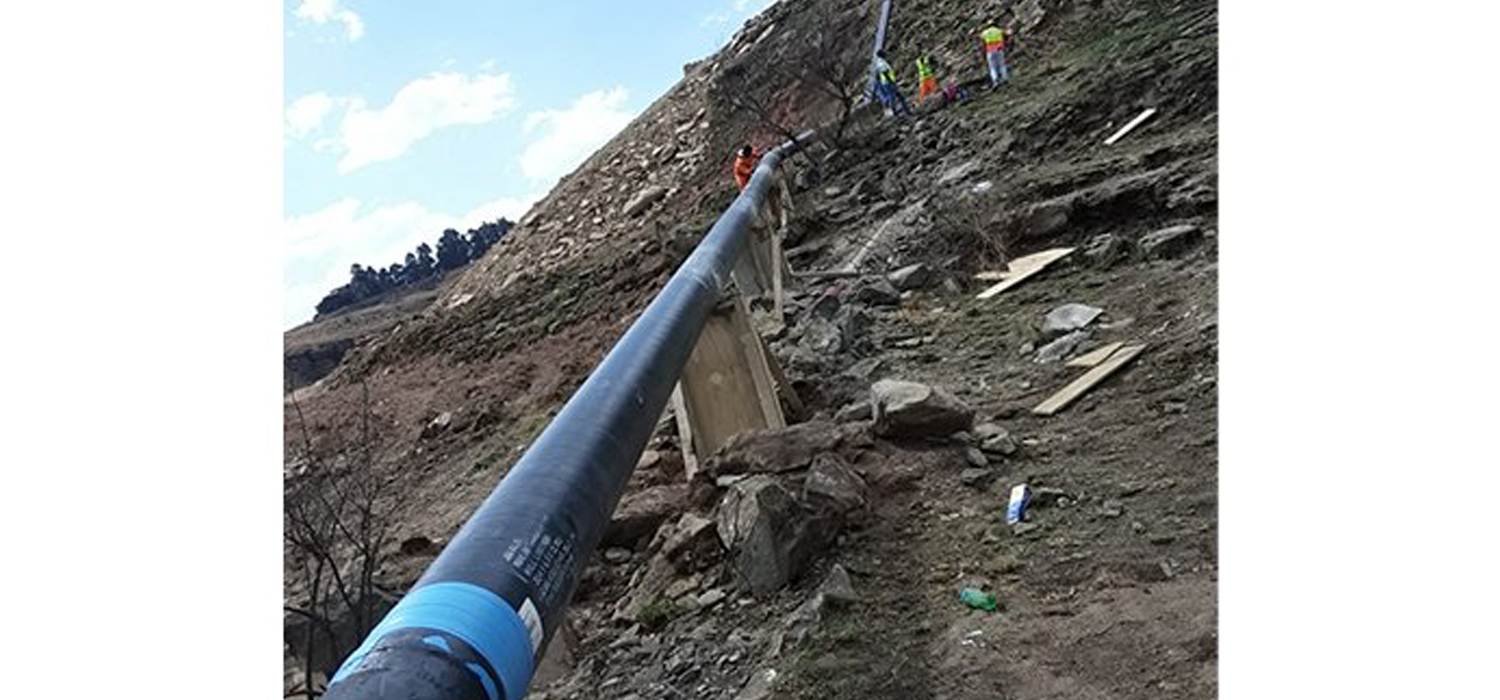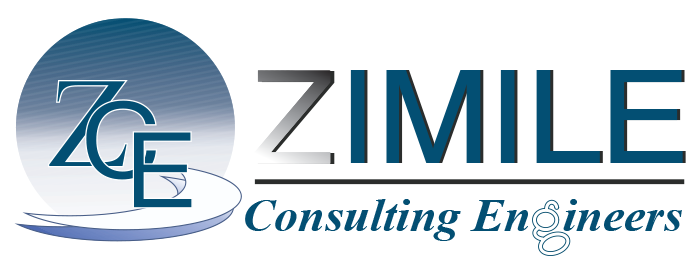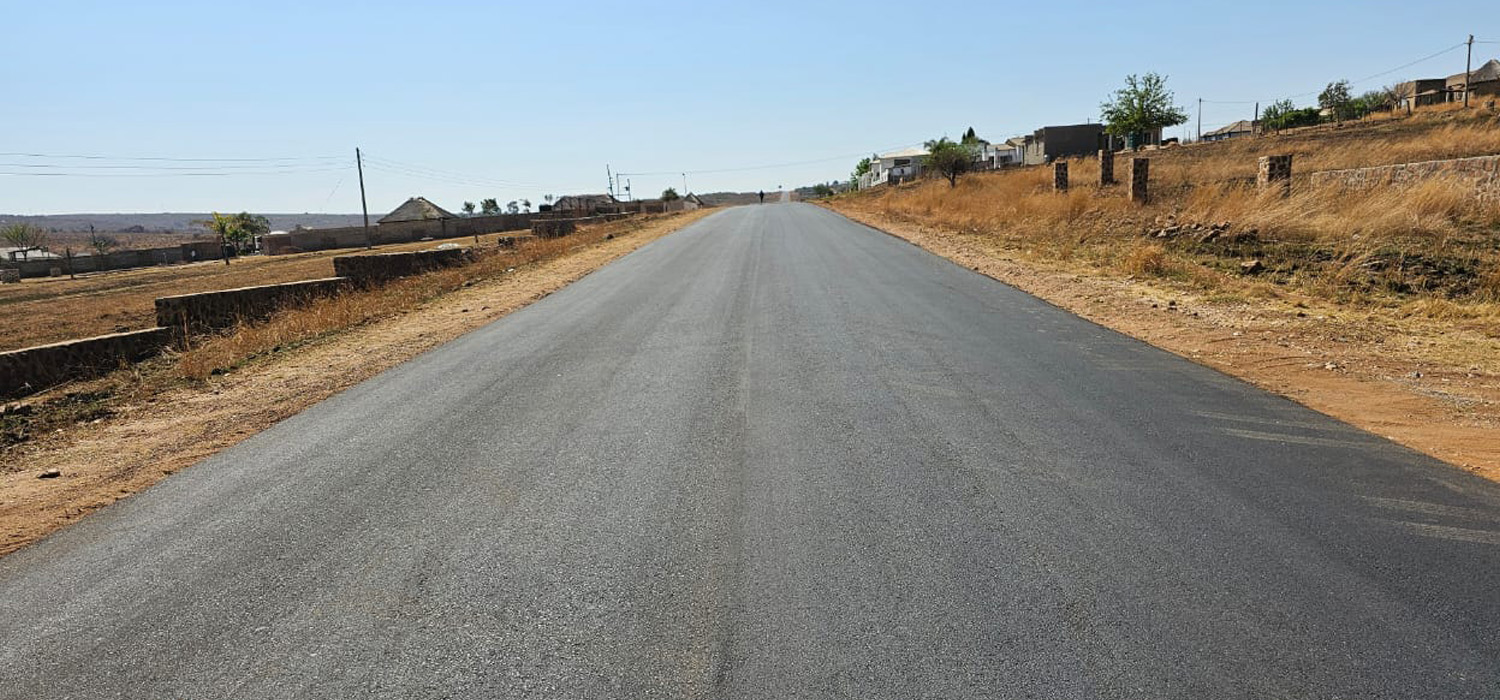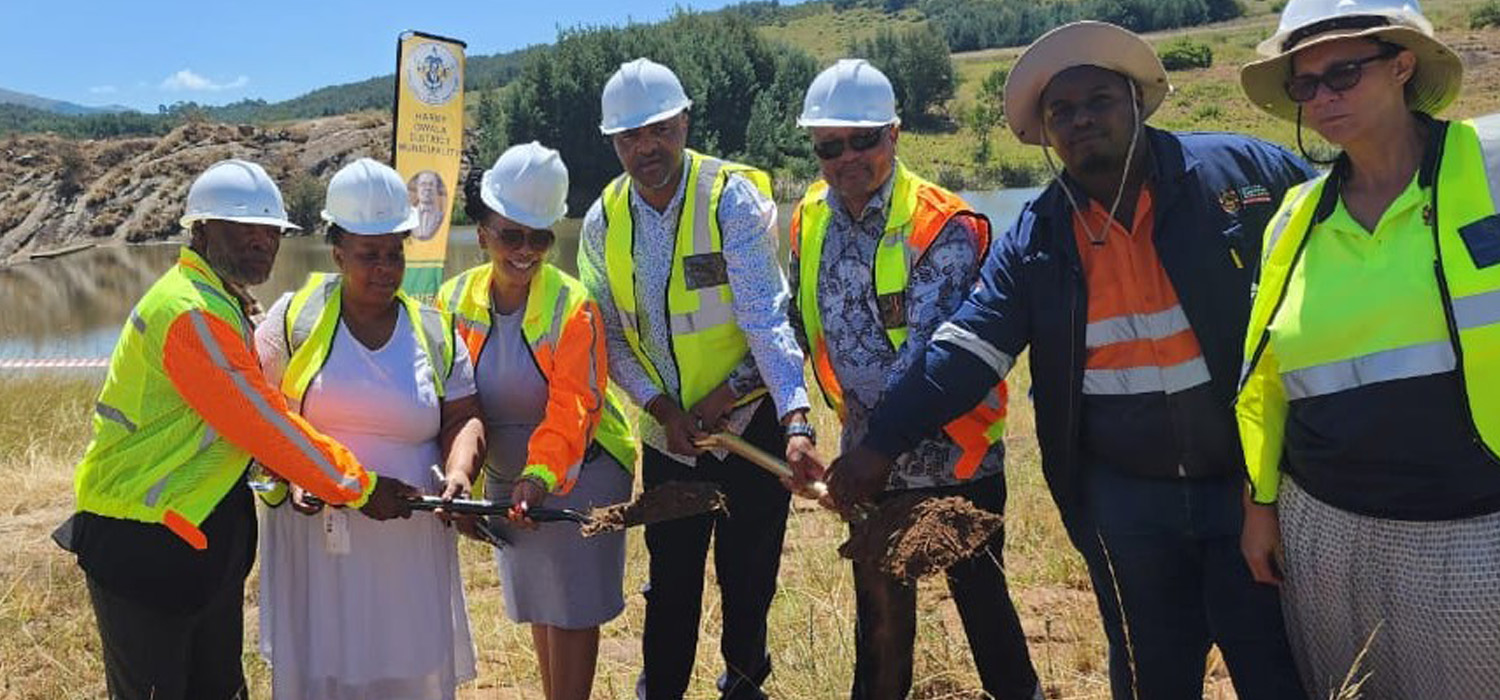
Water supply expansion set for completion
Multidisciplinary consulting firm Zimile Consulting Engineers has announced that the expansion project of the R14-million bulk water supply project in Underberg, for the Harry Gwala district municipality in KwaZulu-Natal, will be completed and handed over by the end of October.
“The project addresses the needs of the local community and will directly affect at least 1 700 households,” says Zimile Consulting Engineers water engineering technical manager Adam Bogatsu.
He explains that the Underberg and Himeville communities will now have access to potable water.
Additionally, housing developments that had previously been put on hold, as a result of water infrastructure deficits, will now go ahead with a reliable and capable water supply in place.
Bogatsu says the new pipeline will have the capacity to supply about 2.3 Mℓ/d. However, with the possibility of future growth and demand in mind, the pipeline has been designed to support an increased capacity of 4.6 Mℓ/d.
The scope of work entailed connecting a bigger raising main – a 1.5 km pipe with a diameter of 300mm – from the river abstraction point to the water treatment plant.
The pipeline was installed underground and above, as the topography and geography of the area did not allow for a single installation solution.
“A steep incline up a hill posed a challenge, as we could not blast for fear of damaging the existing pipeline and the impact on the nearby community and environment,” he says.
It was decided to run the new pipeline in parallel with the old, up the rockface, negating the need for blasting.
Bogatsu also mentions that the new pipeline crosses the Mzimkulu river which the company managed to accomplish without the need for major earthworks.
“The existing pipeline which was placed on the riverbed and encased in concrete was made use of so that support columns or the construction of a weir would not be required for the proposed solution – this assisted in avoiding triggering activities listed in the environmental regulations that would have delayed the project” he explains.
The company designed the pipeline and its supporting infrastructure as simply as possible so that no advanced training or any sort of specialised skill would be required by the operations team to run and maintain the pipeline.
This included the use of common valves and connections that were known to the client.
Additionally, Zimile’s construction team has constantly engaged with the pipeline’s operations team regarding maintenance plans to ensure that the operating manuals handed over will ensure that the infrastructure is well maintained to guarantee future longevity.
Consequently, a manual that has been interrogated and workshopped in conjunction with the operations and maintenance team will be handed over to the client during the site handover.
Bogatsu stresses that the company will communicate with the client regarding additional maintenance on the new installation should there be any additional maintenance requirements on the new pipeline that were not required on the existing pipeline.
He concludes that a key consideration of the project was engaging local contractors and suppliers, which led to the employment of 14 local labourers from the Underberg and Himeville communities.



